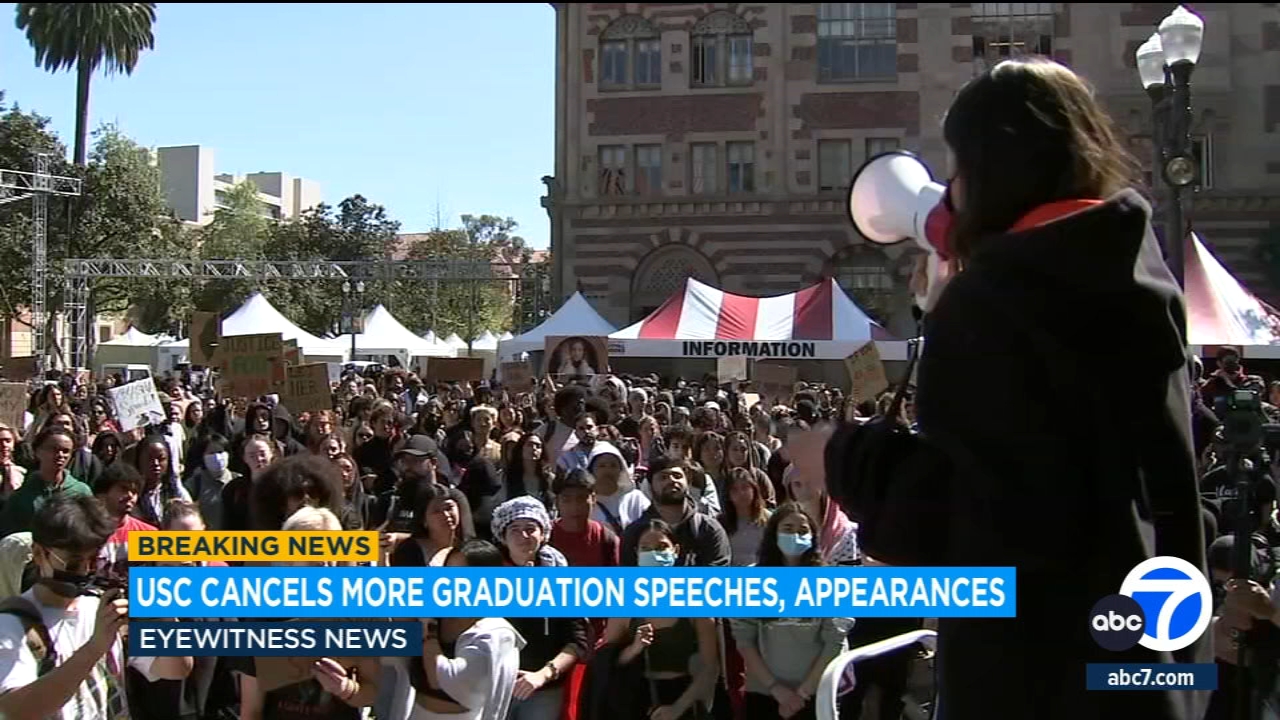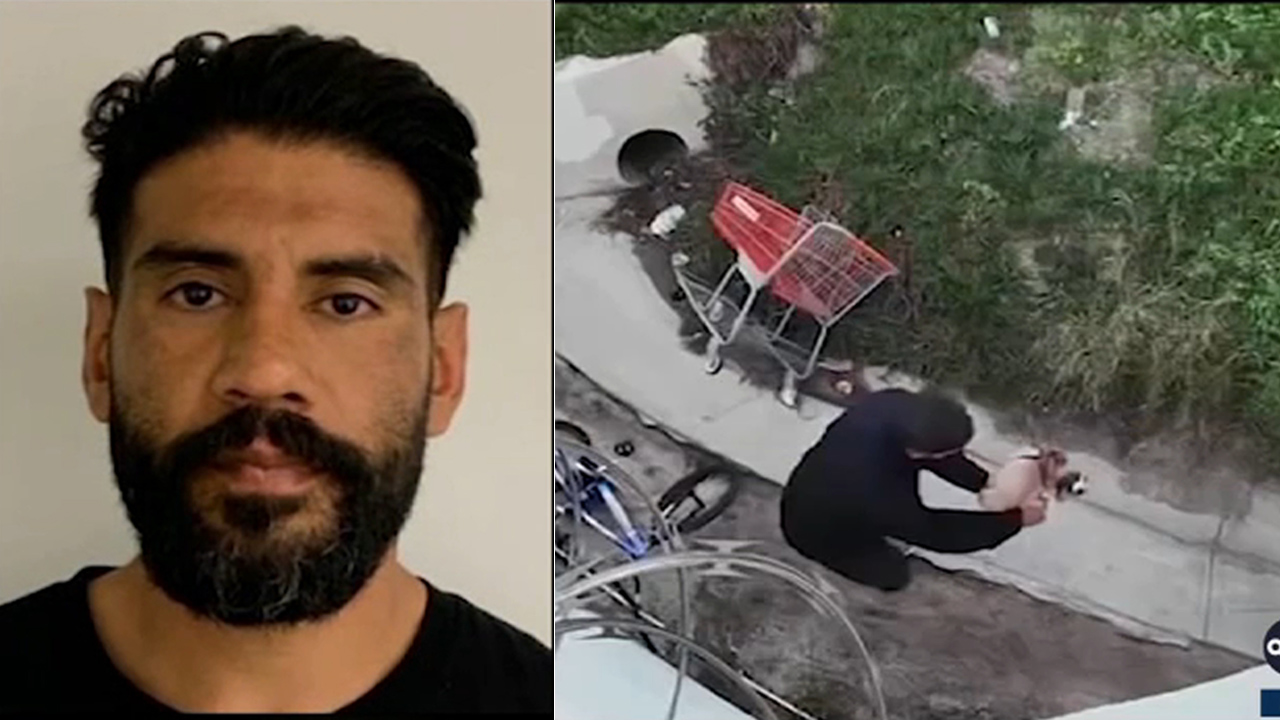Cudahy passes motion for 'land acknowledgment' meant to honor Indigenous people and Native land

CUDAHY, Calif. (KABC) -- The southeast Los Angeles County city of Cudahy just passed a proposal to include a "land acknowledgment," which is meant to honor Indigenous people and Native land.
At their city council's recent meeting, Kimberly Morales Johnson, of the Gabrieleño-Tongva San Gabriel Band of Mission Indians, painted a picture of what the land may have looked like thousands of years ago.
"Villages were all along the sides. We had plenty of food. We had plenty of natural resources," Morales Johnson said.
Among her many roles. Morales Johnson is earning her PhD in Native American studies. She recently helped the city of Cudahy craft the language for its land acknowledgement, a formal statement that honors native land, and its people.
"It was really important for me, and for Ms. Lomeli as well, to include the language of 'to respect the Earth, and to live in reciprocity with it,'" she said.
The effort was led by Cudahy Councilmember Daisey Lomeli.
"I think it's incredibly important to continue to share the message of uplifting indigenous people in our communities, right, in Southeast L.A.," Lomeli said. "How can we include indigenous people in the renovation of our parks, and the plants that we include in our parks?"
Morales Johnson, a tribal secretary, is also working with other municipalities.
"We have documents that refer to the native people as savages, as less than human. But now, we're going to have documents, city and county documents, that say they're working with the Gabrieleño-Tongva, or with the indigenous people of whatever area they are," Morales Johnson said. "So it's reclaiming what was already ours."
Morales Johnson explained how local governments and institutions can follow up land acknowledgments with action. One component: natural resources, like plants.
"I can't just go to any area and gather plants without being stopped. I've been stopped by the police before, park rangers within L.A. County. So there needs to be a next step, where they start to open up land where we can gather the plants, where we can be in relationship with them," she said.
Morales Johnson is also working on efforts to return land to Native people.
"The problem is that we have ancestors that remain in storage boxes that have not been reinterred," added Morales Johnson. "We have rights of the dead. We have rights of our culture. We have rights of the indigenous people that the U.S. government has failed us. And so getting those rights back so that we can still celebrate our culture without feeling that we're being watched, or that we're doing something wrong. We don't have those spaces, and that is imperative for the longevity."





